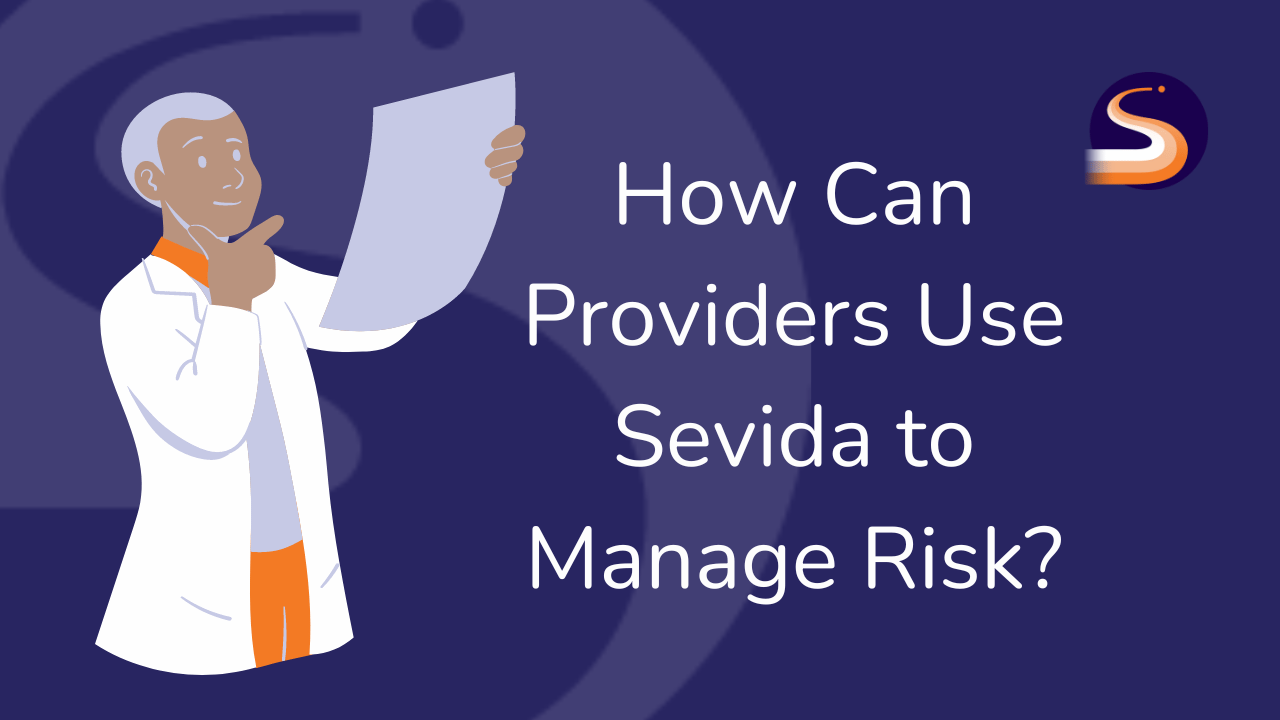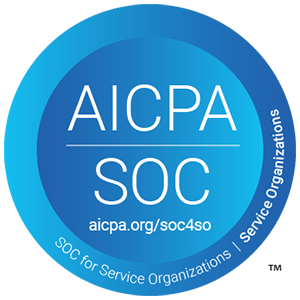
Managing patient risk effectively is mission-critical for providers and patients alike. Providers and healthcare organizations are turning to modern technology solutions to streamline the complex task of risk management. Sevida serves this mission by empowering healthcare entities to leverage sophisticated risk stratification models for proactive care management. Let’s explore how Sevida enables healthcare providers to manage risk efficiently and enhance patient care outcomes.
Seamless Integration with Robust Risk Models
Sevida integrates with Milliman’s Medicare-Medicaid Advantage Risk Adjustment (MARA) model—a CMS-certified tool for both concurrent and prospective risk scoring. By utilizing medical and pharmacy claims data, the MARA model predicts future total healthcare costs, allowing providers to identify high-risk patients early. Sevida extends this capability by incorporating additional data sources, such as encounter data and screening question responses. This inclusion of “dummy claims” enables the consideration of Social Determinants of Health (SDoH) and other non-claims-based factors that significantly influence patient risk.
Flexible Support for Custom and Rising Risk Models
Recognizing that each healthcare organization has unique needs, Sevida offers the flexibility to integrate custom risk models alongside the MARA model. This functionality is vital for providers who wish to tailor the technology to reflect their specific operational dynamics and patient demographics. Moreover, Sevida’s built-in functionality for identifying members with rising risk trends ensures that providers can monitor and react to changes across their entire patient population effectively.
Actionable Risk Scores and Clinical Classifications
Sevida translates complex risk scores into user-friendly categories—High, Medium, and Low—that can be customized according to the specific needs of an organization. These risk categories are integrated into member filters across various dashboards, enabling targeted interventions. Additionally, the platform provides clinical classifications of stratified members based on disease states, which aids in identifying specific patient populations that require focused attention.
Intelligent Care Management Assignment
Leveraging machine learning algorithms, Sevida recommends optimal care manager assignments for members based on multiple factors including risk acuity, caseload, proximity, and member preferences. This intelligent assignment process can be customized to align with the specific needs of healthcare organizations ensuring efficient and effective care coordination.
Dynamic Workflows Triggered by Risk Changes
The Sevida platform supports workflows that adapt to changes in a member’s risk score. For example, a significant increase in a member’s risk score triggers an automated workflow, prompting a care manager to initiate appropriate interventions. These workflows, based on the industry-standard Business Process Modeling Notation (BPMN), are highly customizable and support critical processes such as transitional care management and referrals.
Empowered Care Planning
Sevida’s care plan builder allows users to create, configure, and manage personalized care plans for each member, incorporating functionalities like signing, printing, and generating PDF versions for easy sharing. The platform’s support for evidence-based goal setting and AI-driven care planning enhances the efficiency and accuracy of these plans, making the care process both highly efficient and less error-prone.
Sevida proudly provides a comprehensive solution for healthcare providers to manage risk effectively. By integrating advanced data analytics and machine learning, Sevida not only improves risk management but also enhances the overall efficiency of care coordination, leading to better health outcomes for patients. As healthcare continues to evolve, technologies like Sevida will be pivotal in transforming care delivery and management practices.
